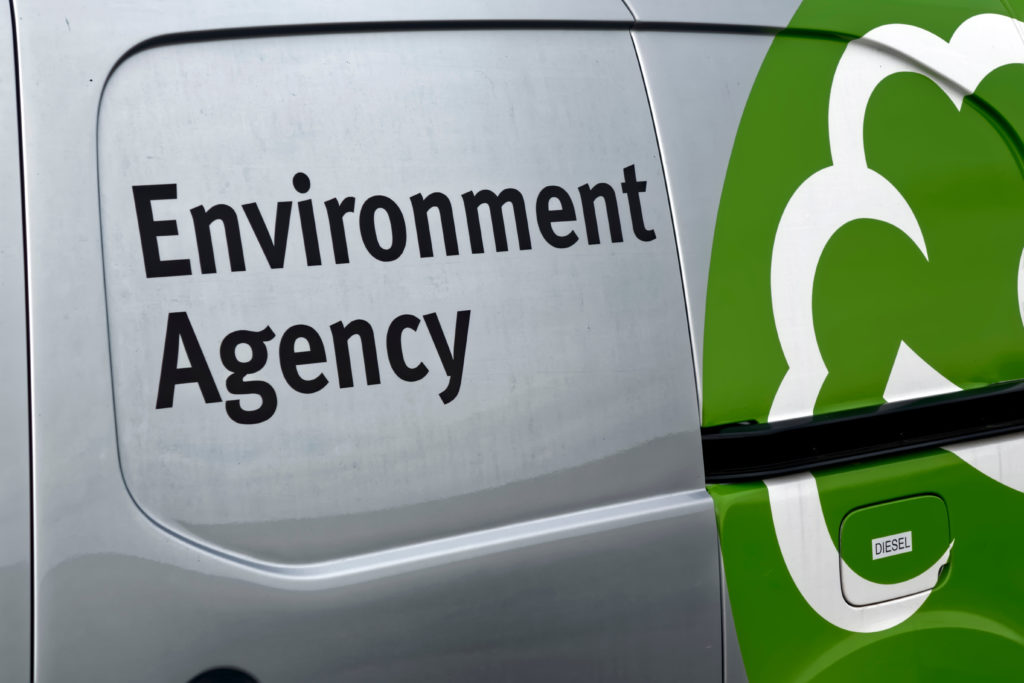LARAC does not support an outright prohibition on the landfilling of low risk ABP materials and suggests that landfill is retained as a disposal option to retain flexibility
Mark Foxall, LARAC
The Local Authority Recycling Advisory Committee – which represents recycling officers across the UK – has published a response to a consultation on the review of the Animal By-Product Regulations, which was launched in November 2008 to look at the regulations governing waste derived from food.
In particular, the consultation raised the possibility of banning some of the foods which are currently permitted from being sent to landfill, with Defra explaining that: “The current regulation allows certain former foodstuffs to be disposed of to landfill under national rules. It is possible that these provisions will not be continued under the proposal. Your views are sought on this and the impact on business.”
However, in LARAC's response, policy officer Mark Foxall raised concerns that there would not be enough facilities to handle all the waste that may arise from the changes and that this could lead to inflated costs for local authorities.
He said: “Due to the Landfill Directive, increasing quantities of wastes are likely to be diverted from landfill and in many cases to ABP compliant treatment. LARAC therefore questions whether sufficient ABP compliant treatment capacity will be available when needed.”
“Additionally with larger quantities of waste vying for ABP treatment capacity, a negative impact of increased ABP facility gate fees for Local Authorities is a possible effect,” he added.
To mitigate this, LARAC suggested that vegetative food waste should be permitted in open composting systems as they were in other European countries, provided they met high process and product criteria – such as the standard PAS 100.
He concluded: “LARAC does not support an outright prohibition on the landfilling of low risk ABP materials and suggests that landfill is retained as a disposal option to retain flexibility. A further impact is the additional containers, vehicles and collections that will be required for the food waste stream and this translates directly into extra costs for Local Authorities.”
Exempt
Despite its concern over a possible landfill ban, LARAC agreed with proposals under the review to exempt establishments that handle small amounts of ABP waste from the regulations.
Mr Foxall said: “Approved low risk treatments handling small quantities could be specifically exempted from ABPRs as well as Waste Management Licensing. For instance, a bioreactor such as a green cone for small quantities of food waste sited at a domestic property or a schedule 2 type property should be exempted.Small community or commercial reactors may be a “grey area”. In such instances, a risk-based approach should be taken to regulation.”
LARAC also commented on Defra's proposal to introduce controls on the use of catering waste to make derived products, such as using cooking oil for biodiesel, and said that risks in the sector would not be mitigated in a way that “justifies the regulatory burden”.
ABPRs were originally introduced in 2002 in response to problems affecting public and animal health with regard to products of animal origin such as Foot and Mouth disease and outbreaks of Swine Fever. The current review of the regulataions was initiated by the European Commission.








Subscribe for free